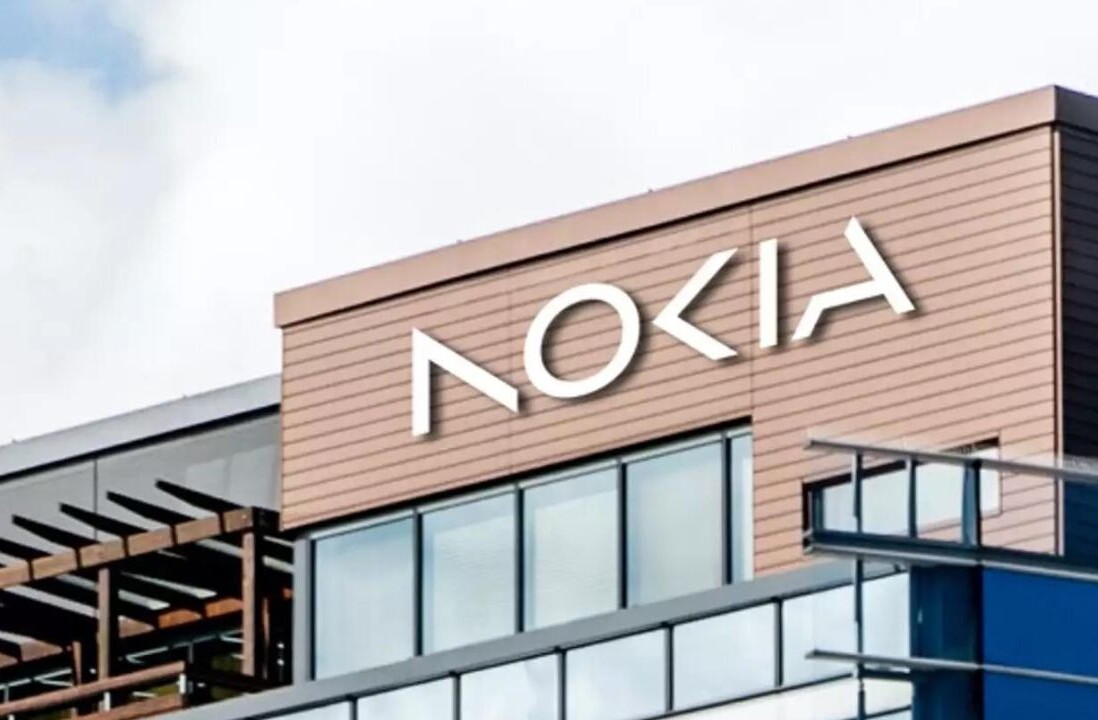
Qt, the cross-platform, C++ open source application framework developed largely by Nokia (originally Trolltech), has just released Qt 5 Beta, a major release 15 months in the making. It is currently being used by over 450,000 developers.
For those that do not know, Qt has existed for some 20 years, and now the framework is undergoing a major shift from the hands of Nokia to Digia and the community. Nokia had sold Qt’s commercial licensing and professional services to Digia back in early 2011, but since then Digia has acquired all Qt software technologies.
It was hoped back in May that Qt 5.0 would be completed this month, and now at least a beta is ready to play with. Released under the new Qt Project umbrella, here’s what’s new:
Qt 5 hopes to make the following easier and faster to create: smooth, accelerated graphics performance with limited resources, advanced UIs and applications written in QML and JavaScript, and powerful apps connected to the web.
Qt 5 makes better use of the GPU to deliver better performance on inexpensive hardware. For example, using Qt 5 you can achieve 60 fps performance on a $35 single-board computer like Raspberry Pi. – See the Qt on Pi project for more info.
Qt 5 also hopes to address two core challenges developers face when creating high-performance apps and UIs:
- Better tools to design the UIs and
- Better rendering performance to execute your vision.

Now, as Qt grows into a community-powered and supported project, there’s a lot of potential for it to continue to innovate. This is especially important, as the project distances itself from the now dead Symbian OS with plans for Android, iOS and Windows 8 ports.
Get the TNW newsletter
Get the most important tech news in your inbox each week.





